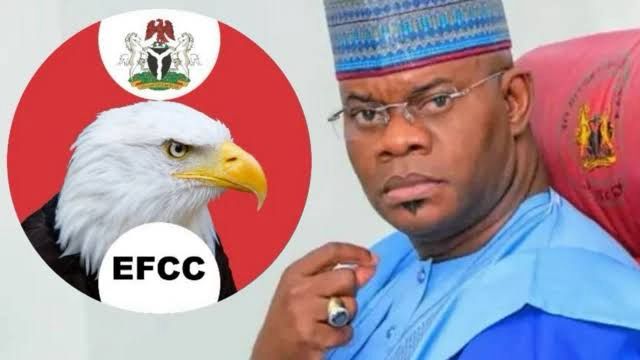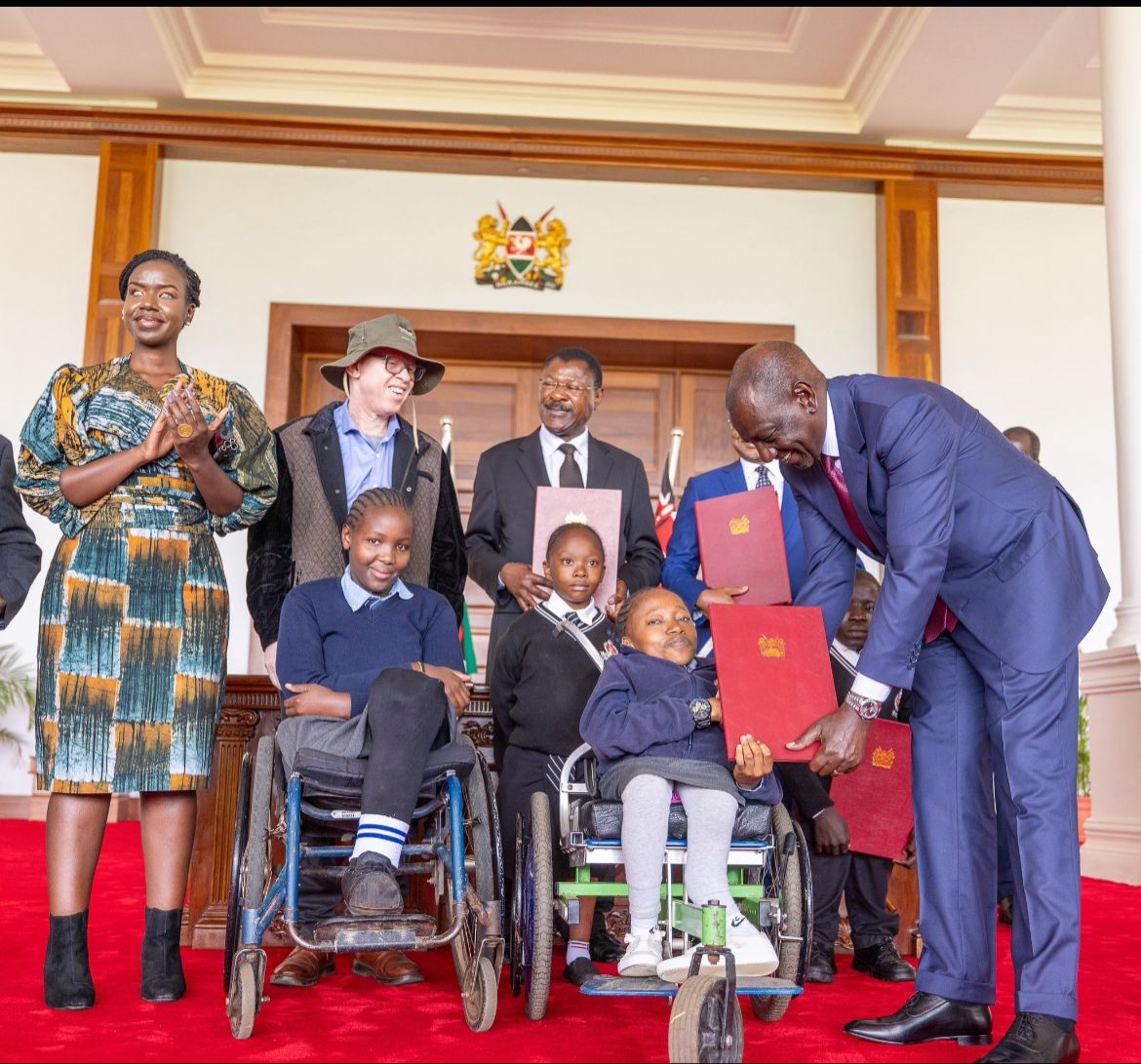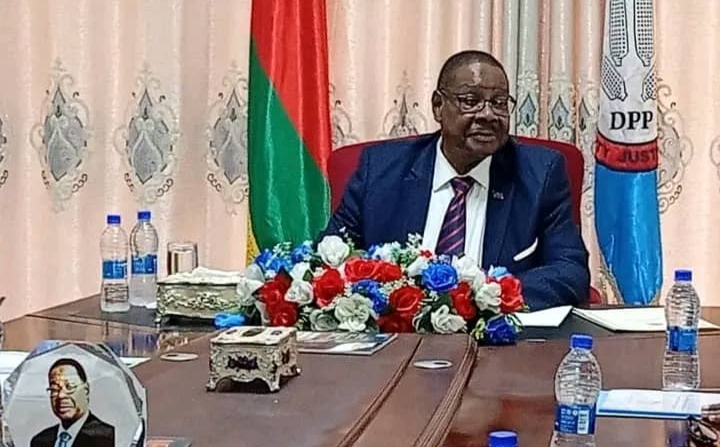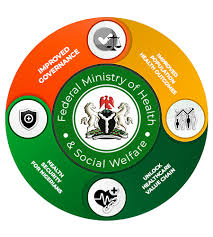South Sudan’s controversial security bill provokes public uproar
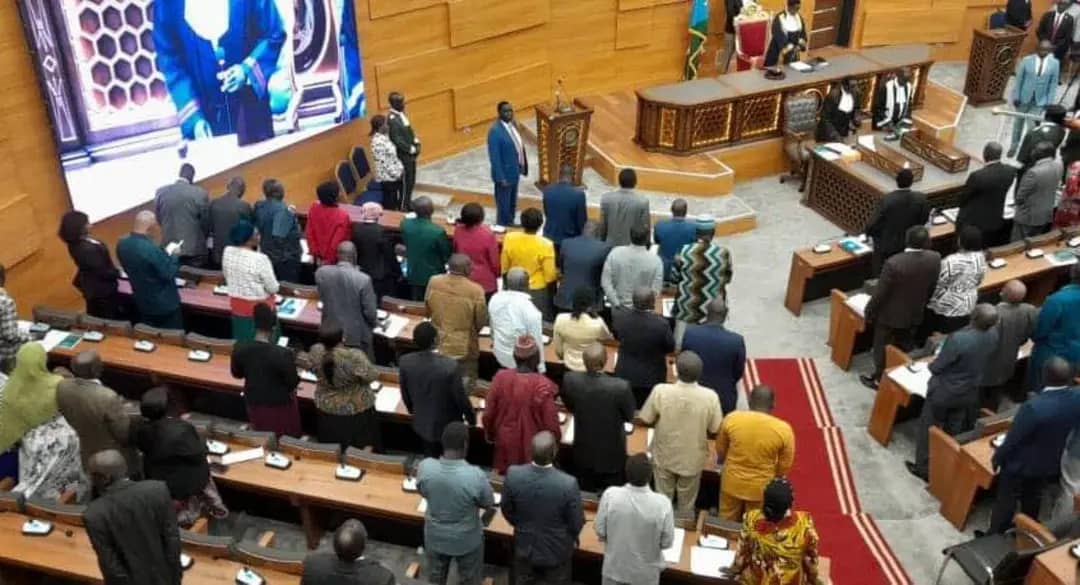
By Mamer Abraham, Juba, South Sudan
The passing of the National Security Service Act 2014 amendment bill 2024 by the Transitional National Legislative Assembly of South Sudan, has provoked public outcry.
Article 54, sub-article 57 titled “arrest without warrant” gives security organs the right to arrest people without an arrest warrant. “Any person who is found committing any one of the offences against the state as provided under section 7 of this act or who is reasonably suspected of having committed or having attempted to commit or being about to commit such an offence shall be arrested without a warrant in accordance with section 13 (15) of this act,” reads part of the article.
“Any person arrested under the provisions of this section shall whether or not the investigations are completed be brought within 24 hours before a court in accordance with the provisions of the code of criminal procedure act 2008,” it adds.
Upon its passing, the opposition parties were outnumbered as the Rt. Hon. Jemma Nunu Kumba, the speaker of the Transitional National Legislative Assembly (TNLA) passed the bill to be assented to by President Salva Kiir Mayardit.
Violation of rights
The Center for Peace and Security (CPA) said in a statement that the passing of this controversial bill violates the rights of citizens and would allow citizens to be arrested without issuance of arrest warrant, contrary to the legit work of NSS which is to gather information, analyze it, and forward it to the right authorities and advise the president on the intelligence issues.
“Our National Security Service has neglected their true responsibilities. For instance, we have a presence of sex workers throughout the country. Additionally, we have foreigners who exploit the country’s resources under the guise of being part of international organizations. Even citizens are being exploited in certain hotels that are supposed to be monitored by the NSS. It is worth noting that we have also welcomed many good foreigners, including those with disabilities, into the country,” read a statement from CPA.
It also urged President Salva Kiir Mayardit not to sign the bill into law, to ensure that innocent individuals are not targeted in the name of being a national security threat.
“The CPA strongly urges President Salva Kiir Mayardit not to sign the National Security Service Act of 2024, as it would be highly detrimental to the citizens, including the president himself as the head of state. When creating laws, we should avoid targeting individuals such as political leaders, human rights activists, journalists, and ordinary citizens,” the statement added.CPA Calls for the intervention of the international community to give their advice for the decision to be reversed.
Kachuol Mabil Piok, a South Sudanese national, is worried the bill is not rightly placed if South Sudan desires good governance.
“The National Security Service (Act 2014) amended bill isn’t appropriate for a county aspiring for good governance. Leaving the interpretation of the law especially on threats to National Security to the discretion of the National Security Service is like turning the entire country into a prison. People will be arrested on flimsy charges. May the MPs who endorsed this bill be the first victims,” he stated.
Unlawful arrests and detentions
South Sudan has several recorded cases of harassment, arrests and detention of journalists by the security personnel across the country, while discharging their duties.
In December 2022, seven South Sudan Broadcasting Corporation (SSBC) journalists were detained, with some detained for three months without investigations, said Reporters without Borders. However, they were later released.
In August 2021, there were also reported arrests of three journalists from Radio Jonglei, over accusations linking it with People’s Coalition for Civil Action (PCCA).
In August 2017, British-American journalist Christopher Allen was killed while covering clashes between South Sudan People’s Defense Forces and SPLA-IO forces, but justice is yet to be served up to date.
RSF states that at least nine journalists have been killed in South Sudan since 2014 including the British-American journalist Christopher Allen.
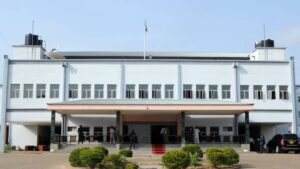
categories
recent posts

